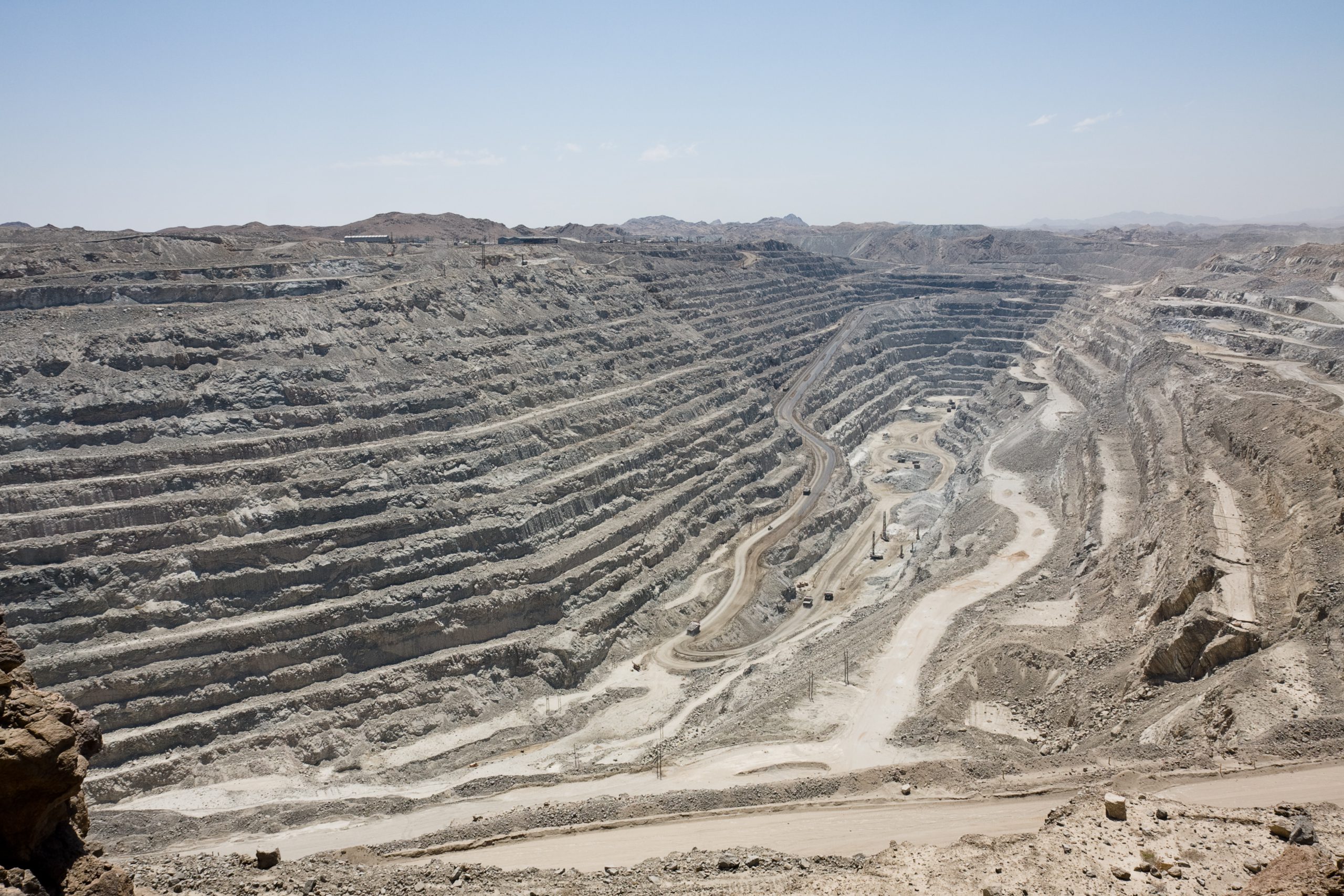


Latest MIMT Restriction on Exportation of Some Mineral Products
Date: 18 June 2019
“MIMT has recently introduced new restrictions on exportation of iron ore which concentrates and iron pellet can now only be exported by units holding an operation license for production of these minerals, or agents of such units.” ...
The Ministry of Industry, Mining and Trade (MIMT) has recently introduced new restrictions on exportation of iron ore, with the HS code heading 2601. Iron ore, concentrates and iron pellet can now only be exported by units holding an operation license for production of these minerals, or agents of such units. This new restriction pursues a three-fold purpose including restoring order in the business of mineral exportation, return of currency to the economic cycle of the country and preventing use of third parties’ commercial cards to evade obligations. This will, among all, negatively influence the interests of brokers and trading companies, which are involved in purchase and exportation of minerals. In addition, it could add to the costs incurred by production units, which were previously not involved in exportation, thereby making this business sector less economically attractive.
The new announcement of MIMT should be viewed as a complement to Central Bank of Iran (CBI) regulations of last year. Last year, the CBI introduced an obligation for exporters to return the currency resulting from exportation into the economic cycle of Iran. The initiative was part of the government’s strategy to counter the currency scarcity problem arising out of US sanctions which were reimpose following US unilateral withdrawal from the JCPOA. According to “CBI Directive on Return of Currency Resulting from Exportation” dated 19 November 2018, all exporters are required to provide letters of commitment to guarantee return of currency to the economic cycle of the country. The extent of this obligation depends on the amount of goods and products exported. The directive affords an exemption in cases the exports do not exceed an annual threshold of one million EUR. However, exporters whose annual exports lie between one to three million EUR are obliged to transfer 50 per cent of the currency to the official platform for offering foreign currencies to importers (i.e. NIMA system). Furthermore, they are allowed either to sell the rest of their currency as cash in licensed exchange offices or use it to import goods into Iran. The same mechanism applies for exports of higher values save that the minimum obligation to transfer currency into NIMA system increases with the annual amount of exports.
Now, production units which are not directly involved in exportation of their mineral products have to give letters of commitment on behalf of third parties, who export the products as their agents. In such cases if such third-party brokers or trading companies do not comply with the above-mentioned requirements, the production unit will assume liability and will suffer the legal consequences.